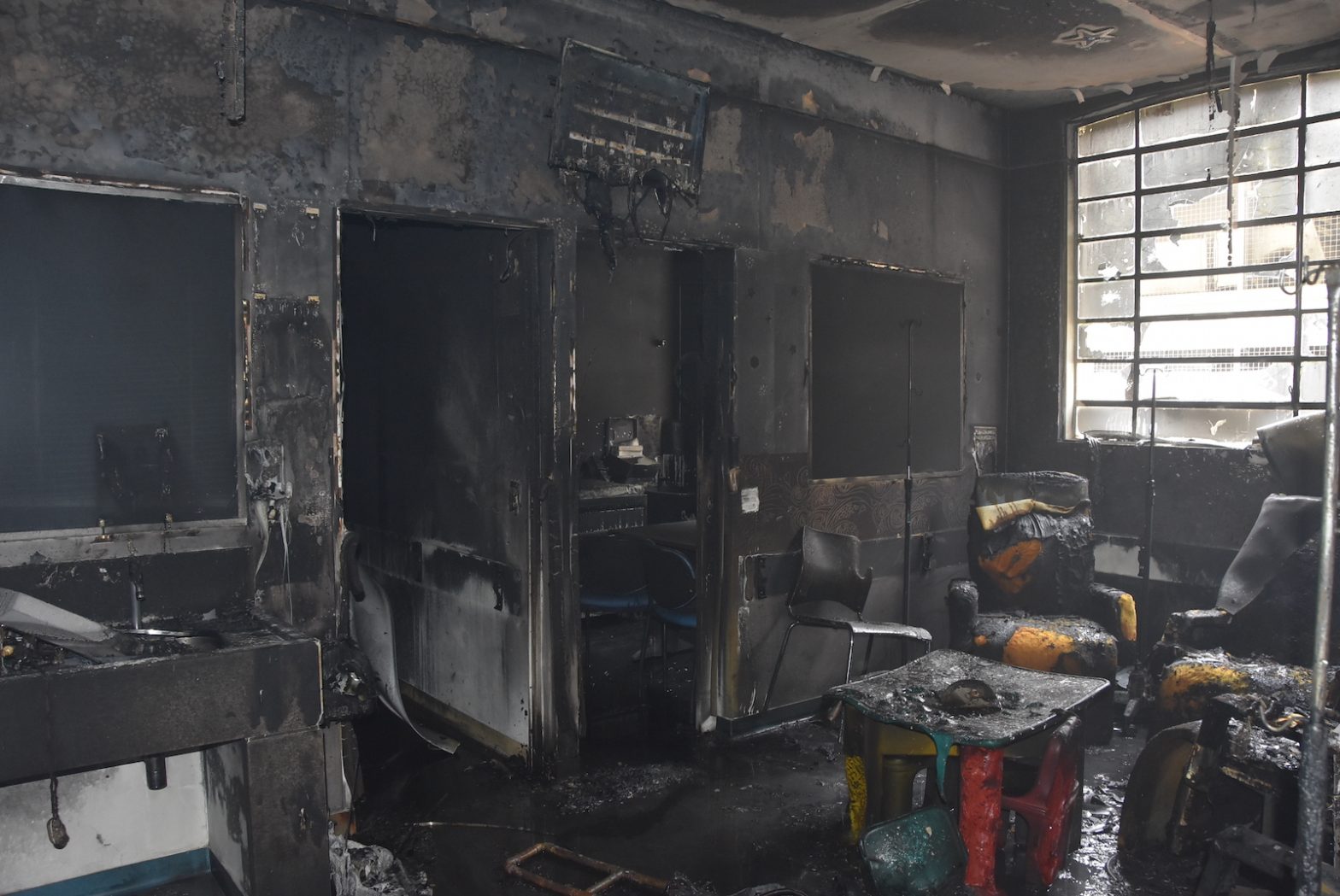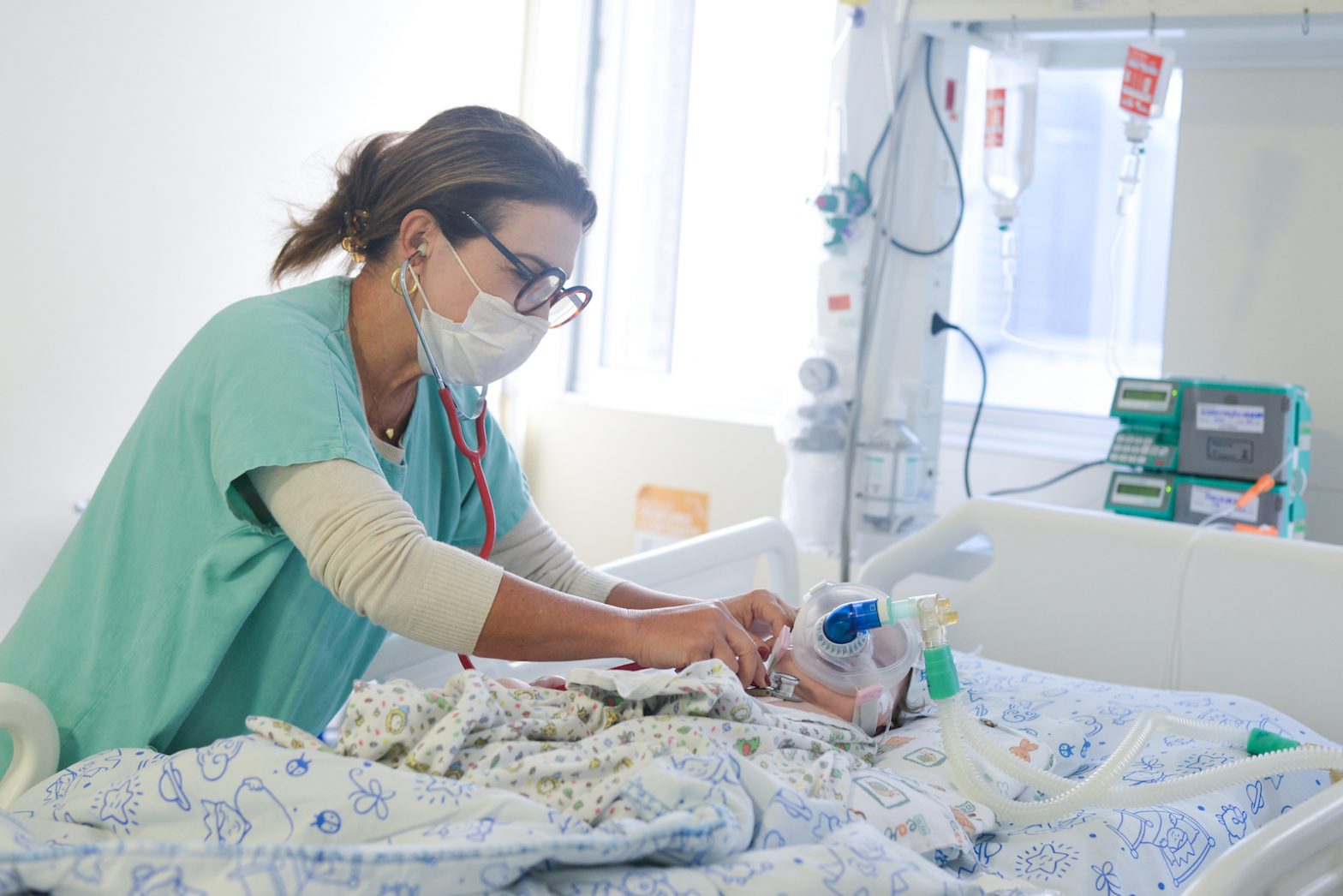Agenda in favor of children’s rights has opportunities to be strengthened in 2024
New terms in guardianship councils, municipal elections, and changes to the Brazilian Child and Adolescent Statute (ECA) are possibilities to face a challenging scenario
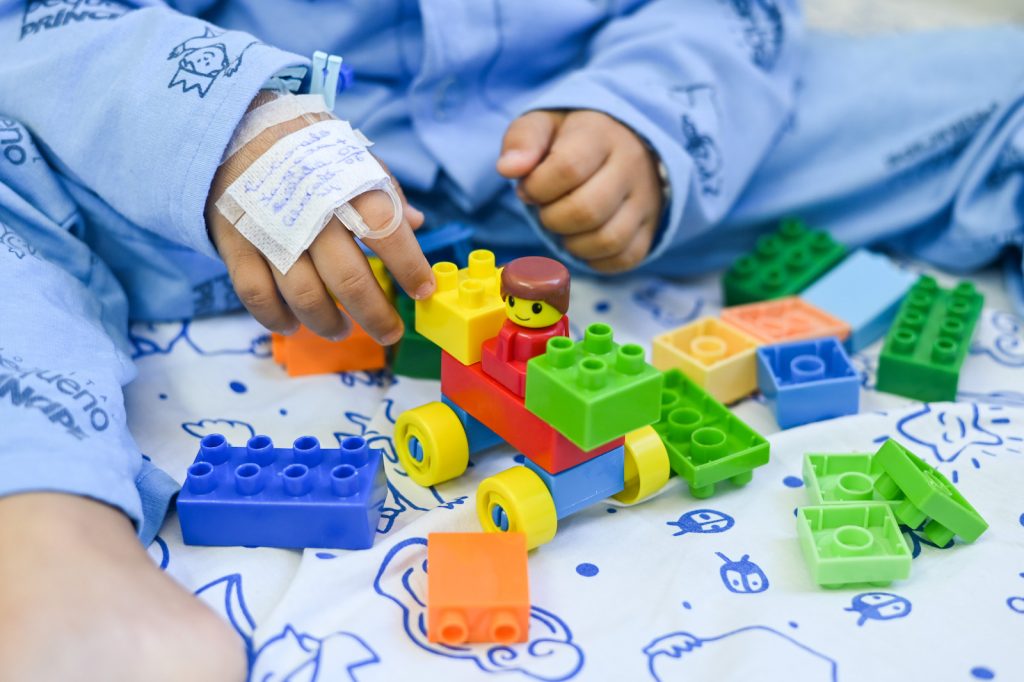
Six years before the deadline for achieving the 17 Sustainable Development Goals (SDGs), drawn up by the United Nations and its Member States with the aim of leaving no one behind, national and international organizations warn that the world is making slow progress and will not achieve most of the 169 goals. When it comes to indicators related to childhood, almost two-thirds of them are below the necessary pace to achieve the goals, according to the Progress on Children’s Well-Being: Centring child rights in the 2030 Agenda report, launched in 2023 by UNICEF. According to the document, almost two billion children and adolescents living in 140 countries could be forgotten.
According to UNICEF, Brazil is part of the group of countries that have not yet achieved 50% of the SDGs targets involving children and adolescents. In the area of health, for example, of the 14 goals, the country achieved only two: neonatal mortality and childhood mortality. Poverty, immunization, and protection against violence stand out as major challenges. Therefore, the year 2024 is very decisive and brings good opportunities to strengthen this agenda.
Civil society
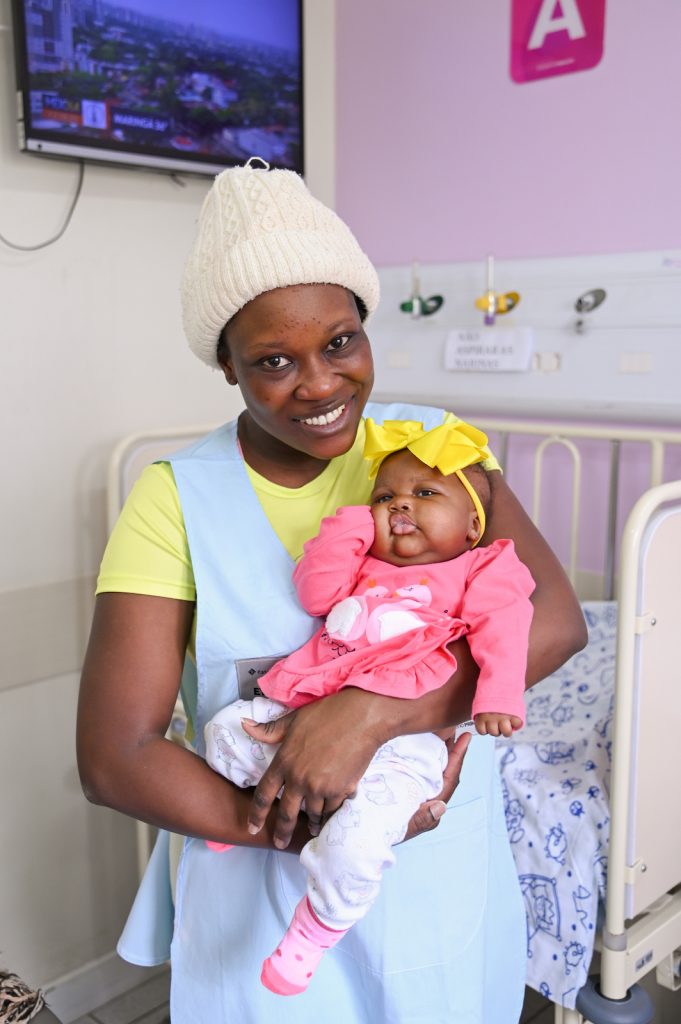
One of the ways to enforce the advancement and strengthening of the children’s rights agenda is through guardianship councils, which work daily with situations of violations and the rights of children and adolescents, and as a result of this action, they know every aspect of the weaknesses of the public policies At the end of 2023, there was an election and the new mandates began in January of this year.
“The new advisors have a fundamental role in strengthening the rights agenda, as they can alert governments to key needs, helping to direct efforts and promote more effective policies to protect and promote children’s rights at the local and regional level,” considers the special advisor to the board at Pequeno Príncipe Hospital, Thelma Alves de Oliveira.
Another good opportunity is the municipal elections, which will take place in the second semester. “It is important that civil society organizes itself to demand a clear stance from candidates in relation to the childhood agenda, demonstrating what their priorities and proposals are. Citizens should make an effort to know the candidates and their proposals, and choose those who are truly committed to leaving no one behind,” highlights Thelma.
Child and Adolescent Statute change
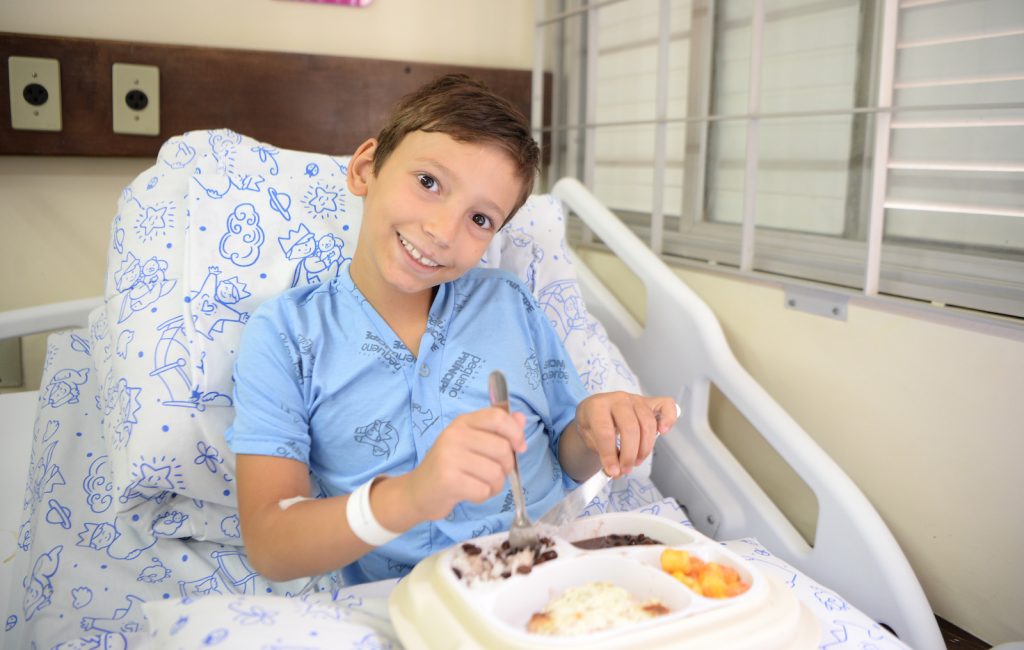
Another good news that will have an effect on the lives of children and adolescents in 2024 is the amendment to article 260 of the Brazilian Child and Adolescent Statute (ECA, abbreviation in Portuguese), which was sanctioned in October last year. This change allows municipal, state, and national councils for the rights of children and adolescents to implement mechanisms for approving projects from civil society organizations, which are able to receive resources donated via tax incentives, through childhood funds. With this, individuals and legal entities who want to donate part of their Due Income Tax to children’s causes can direct donations directly to the specific projects of these organizations.
In Paraná, this mechanism, known in the state as “project bank”, has been regulated since 2005, but in many Brazilian states and municipalities this regulation did not yet exist and donations were made exclusively to the funds, without donors being able to choose a project for donation. With the change, it will be possible to donate directly to the fund or to an approved project, via the fund. As it is a nationwide law, the new legislation provides more legal certainty for the allocation of resources directed to civil society organizations, such as Pequeno Príncipe.
More
Reconstruction of the Oncology, Hematology, and BMT Outpatient Clinic will begin in March
Premises were destroyed in a fire that occurred in October 2023; work is estimated to last four months
Law sanctioned in January provides for annual readjustment of services provided by the SUS (Brazilian Public Health System)
Historic achievement minimizes delay in transfers to philanthropic hospitals, such as Pequeno Príncipe
First solid organ transplant performed in Pequeno Príncipe reaches its 35th anniversary
In these more than three decades, the Hospital has expanded and improved its operations, becoming an important transplant center in Brazil


